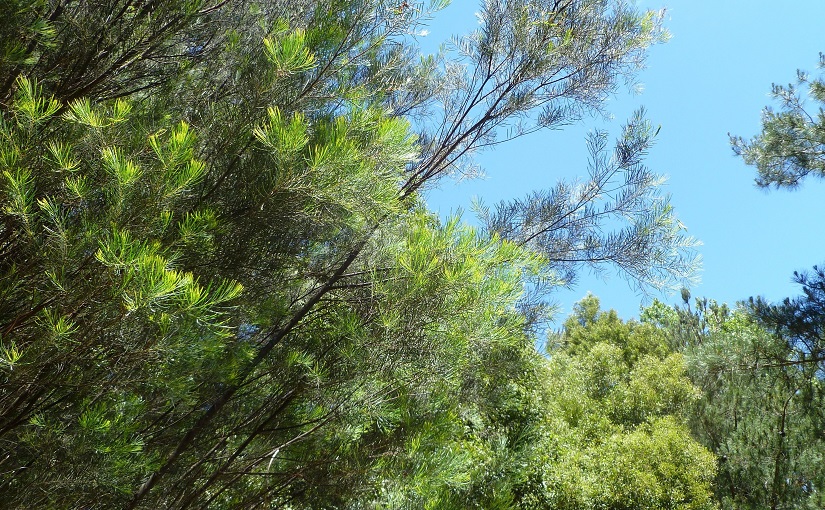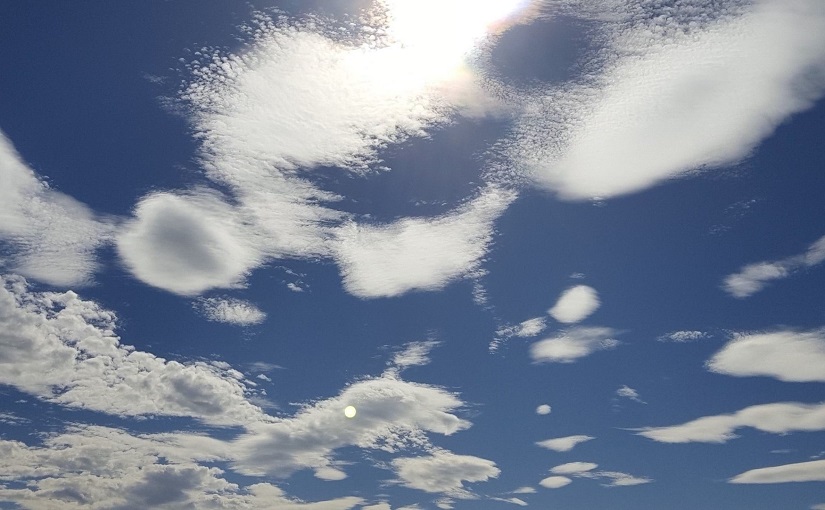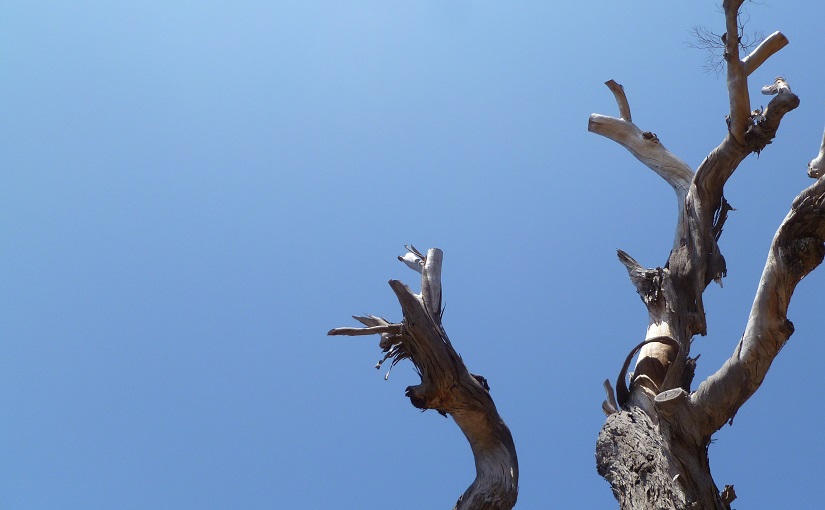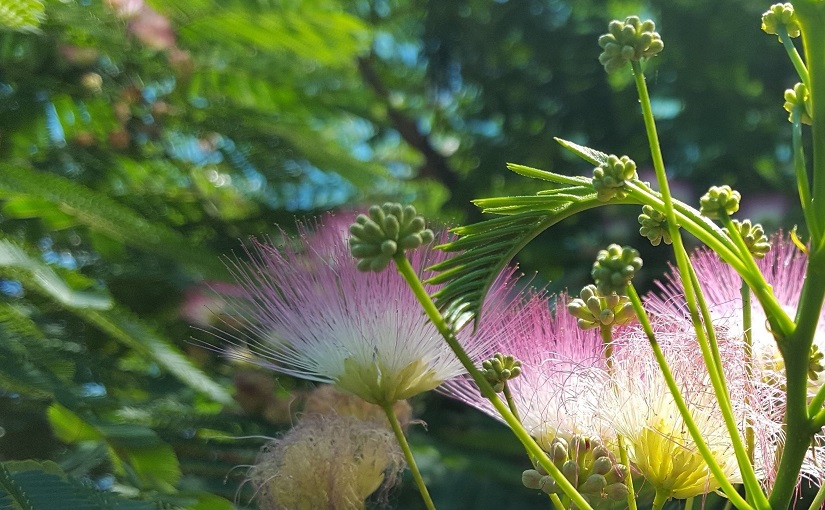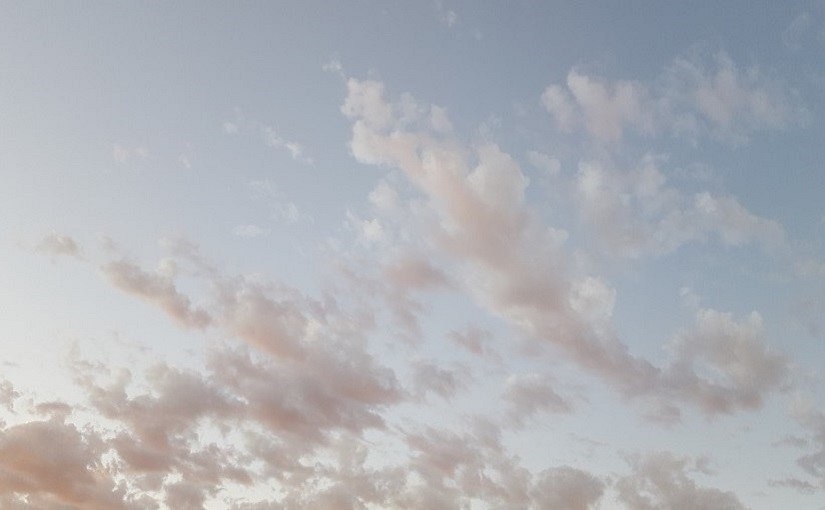How are we approaching society? Is it with a sense of, “What suits me? What kind of lifestyle do I want to lead?” As if society’s simply the “setting” for our lives and we’re free to seek out that balance in the configuration of values which we, personally, prefer? Choosing, then, the society that best fits our personality and aspirations so we’re able to create our dream life against its backdrop.
Presumably, that would lead to communities of people who are alike, sharing similar values and outlooks. Perhaps, also, to a more peaceful, harmonious life from each person’s perspective? Given they’d largely agree with what was going on around them, or at least be inclined to tolerate it for the overall balance of what that society’s offering.
I suppose we seek a peaceful life? To live with those who share our ideas and want to live a similar way. I’m not sure anyone really seeks out conflict. But is there truly “peace” in grouping together around personal affinities, or are we simply shifting conflict to the boundaries and dialling it up through the power of numbers? Might we not, in reality, be escalating conflict and intolerance by living this way?
It’s like the thinking behind nation states: this drawing of lines where more fluid identities previously existed. It’s perhaps a logical outcome? That we, in the past, sought to define units of operation that could then cooperate with one another. Legal definitions of identity then carving up the globe.
Definition gives power, I suppose? Common identity, unity, belief in an idea, feelings of belonging that inspire us toward any course of action. As with personal identity, it’s creating a narrative we’re inclined to defend and perpetuate: a “self” we see as better, the best, or perhaps just best for us. Ways we express identity within a world of differences are fascinating (Notes One).
But, back to the point, what does it mean to seek a society that suits you? To feel less at home in one place or more drawn toward the characteristics of another place? Drawn, perhaps, to the stereotypes of national identity: work/life balance, leisure pursuits, cuisine, culture, social attitudes, landscape, language, history.
Societies sitting, as they do, somewhere on the sides of history, we’re perhaps choosing the expression of values we feel most affinity for personally, intellectually, socially, physically? Effectively, an expression of our interest in other ways of living, different ways of being human and solving the challenges thrown up by life, or ways the basic building blocks of “society” have been configured elsewhere.
Sometimes I’m unsure what thought my mind’s circling in on, and here I think it’s the idea of tolerance. Is society – and, the community it contains – to be a homogeneous reality or a place that embraces the diversity of human experience? If we all live through society differently, experiencing its different sides through faces it turns toward us, is this not all part of “one” conversation we should all be part of?
Notes and References:
Note 1: Having boundaries
Note 1: What inspires collective endeavours
Note 1: Different places, different ways
Note 1: Right to look out for ourselves?
Note 1: Finding flaws


